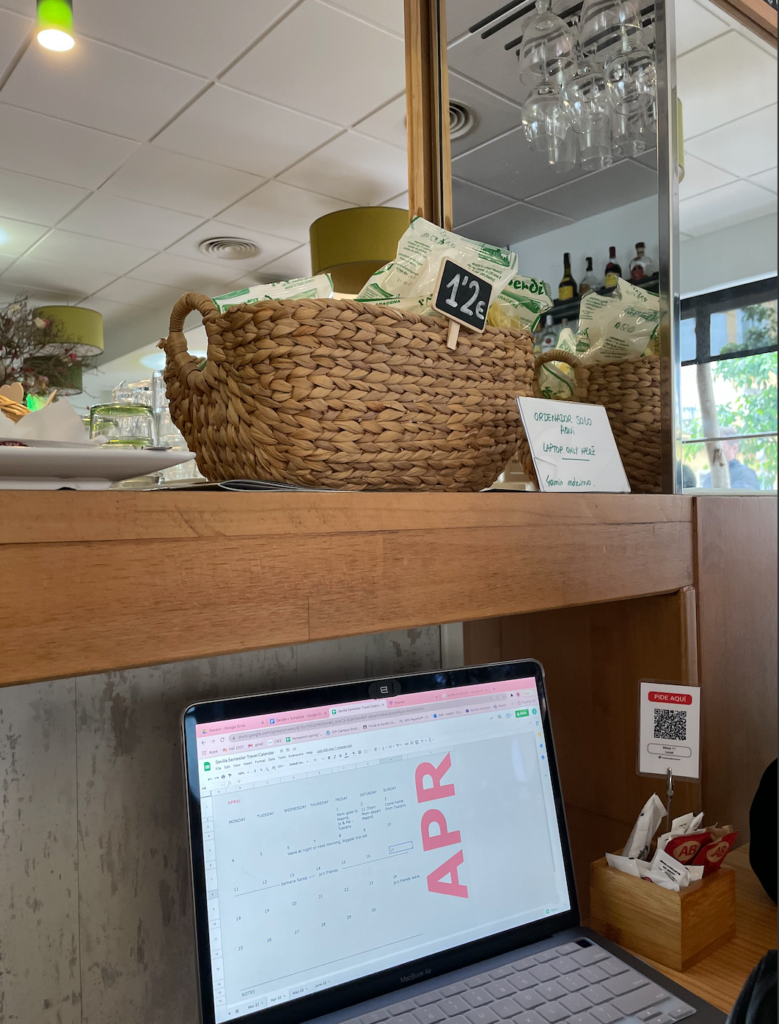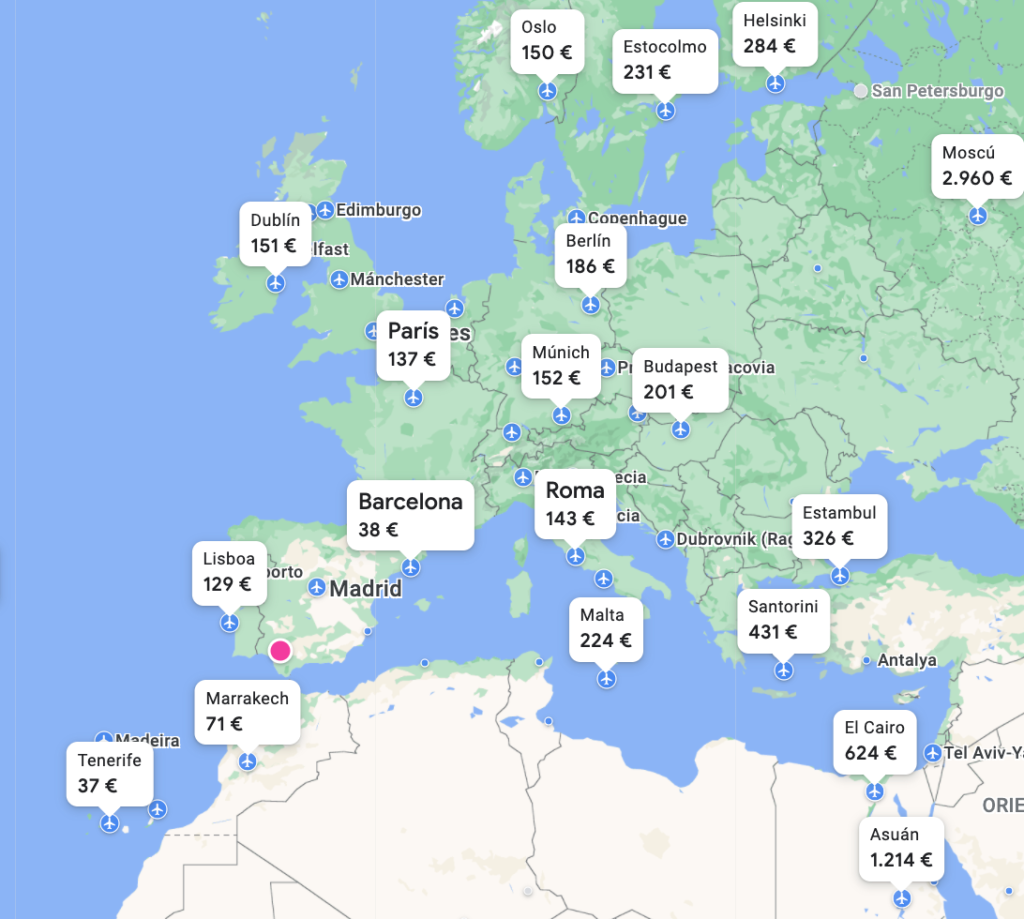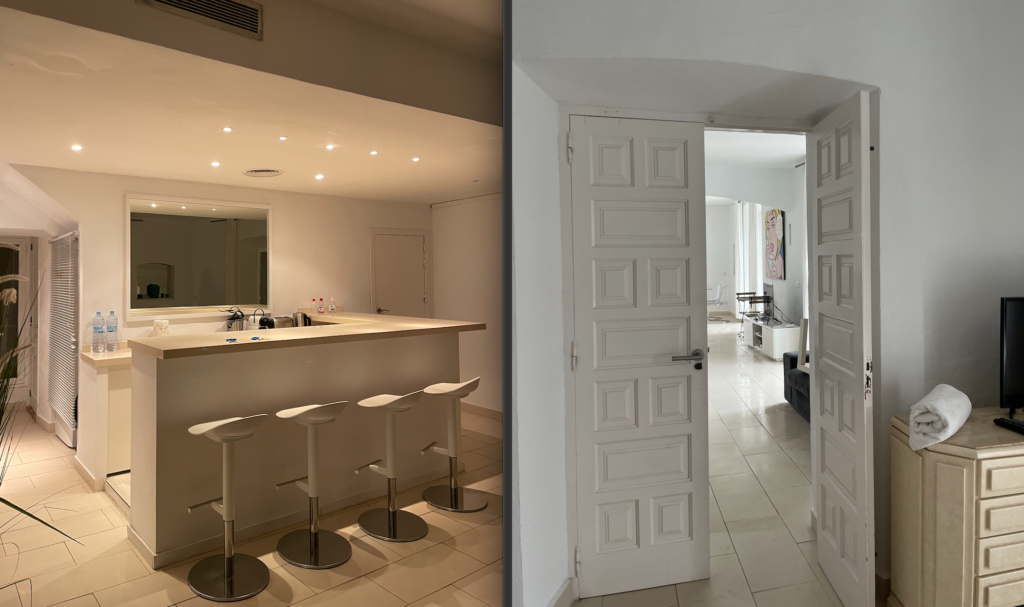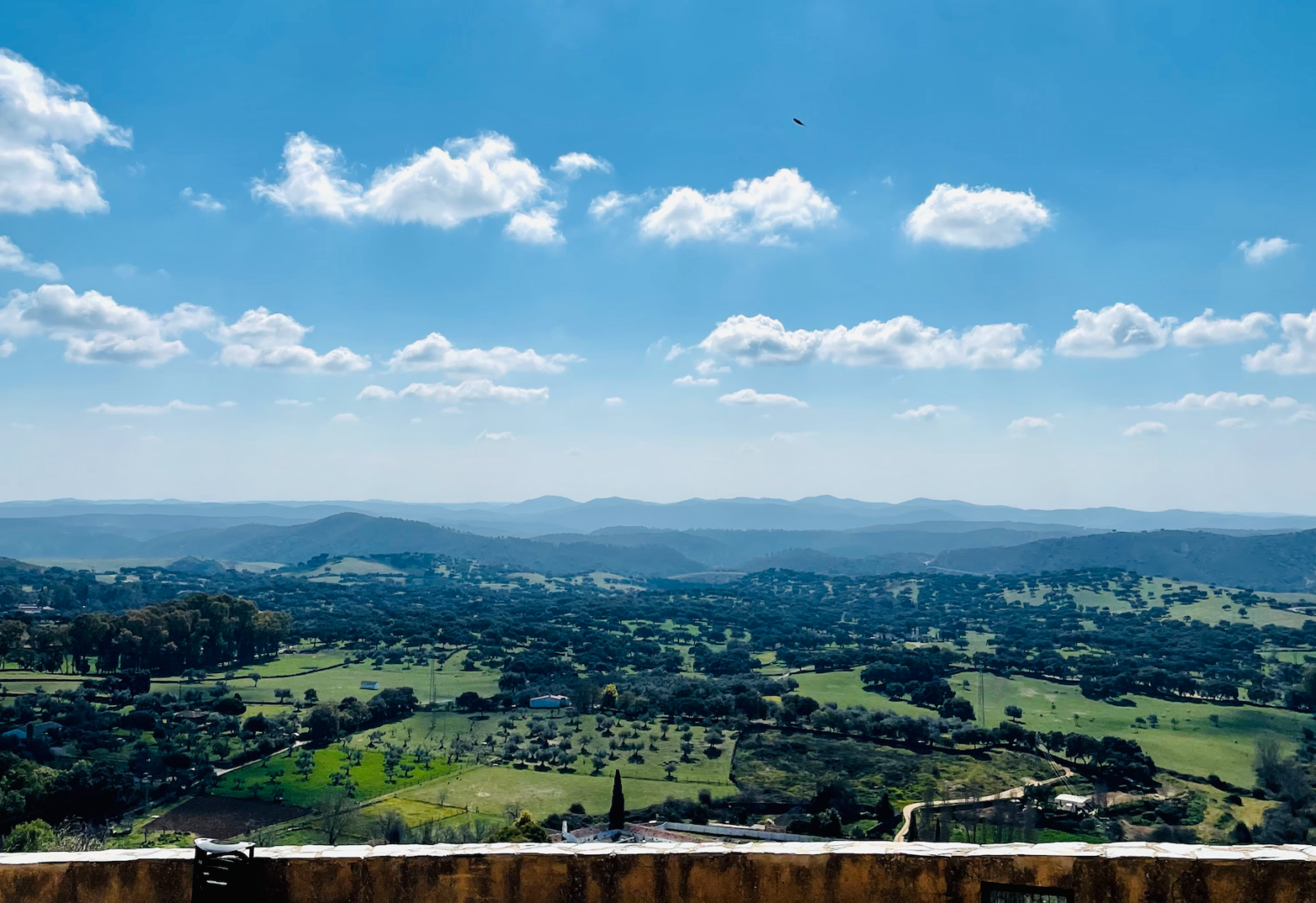
I remember reading off-campus student blogs from years prior who shared how easy it is to travel on the weekends. They would sit in a café on a Monday and plan where in the world they’d like to visit on that upcoming weekend. True, I’ve found myself doing the same thing— enjoying a chai while googling photos of Rome in a café and it is lovely. However, I have also found myself staring at a map with no idea where to go next or what my first steps should be with an unplanned weekend rapidly approaching. There are many factors that must be juggled during the prepping stages of successful trip.
Step 1: Finding the location!
If you have an idea of the location already, you’ve already finished what I consider the hardest part of this process. My initial ideas for places to go come from my availability heuristic since I lack the time and resources to investigate my travels in greater depth. The number of times that we’ve said “we need a travel agent” while planning a trip is absurd. Having never been to Europe before this semester and failing to do the proper research beforehand, I find myself worrying that I may miss out on seeing something incredible. My first suggestion is that those who plan to study abroad should make a list of must-sees prior to their arrival.

If you have no clue where to start, many travel websites including Google Flights allow you to choose a “Your location” to “Anywhere” option that shows you flight prices for different destinations and times of the month. This has been one of my favorite ways to start the travel planning process.
Step 2: Transportation✈️
Once you have a place in mind, it is important to figure out how you will get there. If you decided your location based on price, you may already have this step completed. Remember that flights are not your only option. Taking a bus, train, blablacar, etc. are very common ways to travel. Also, if you were set on a location, but the flight is too expensive, check if it is possible to fly to a nearby airport and bus from there (This is my plan for when I meet my grandparents in Tuscany at the end of the month!).
Step 3: Housing
Housing can actually come at a later time than you expect, at least that is what I’ve found in my experience so far. If you are comfortable with staying in hostels, you will be okay if you need to find one last minute. Much like transportation, there are many different options for housing. If you are traveling with a group of friends, an Airbnb may be a more comfortable option. In Ibiza, 8 of us stayed in an airbnb together and saved money by cooking meals for ourselves. Hotels are always an alternative, however, they are not the most budget-friendly. When choosing housing for travel, I try to prioritize prices, cleanliness (by reading reviews), and location (distance from city-center/area I am hoping to explore the most).

Step 4: Pack light
Finally, pack light! Everyone always says this, but as much as I try, I find myself overpacking even with just one backpack. My note to self when packing: “it does not need to be so full that the zipper is about to snap, smushing unnecessary items into a small bag doesn’t make you a more efficient packer”. Make sure to check the amenities of your housing before you go. Sometimes Airbnbs will have shampoo, conditioner, and towels available for their guests. However, hostels are not likely to have these things. When staying in a hostel, check if they supply a lock for cabinets in which you can keep your luggage. Otherwise, don’t forget to bring one with you.
Ultimately, the benefits of the travel experience will outweigh the costs of the planning process. It is an extraordinary privilege to be able to travel, make sure not to let the stress of the pre-departure research stop you from an opportunity of a lifetime!


